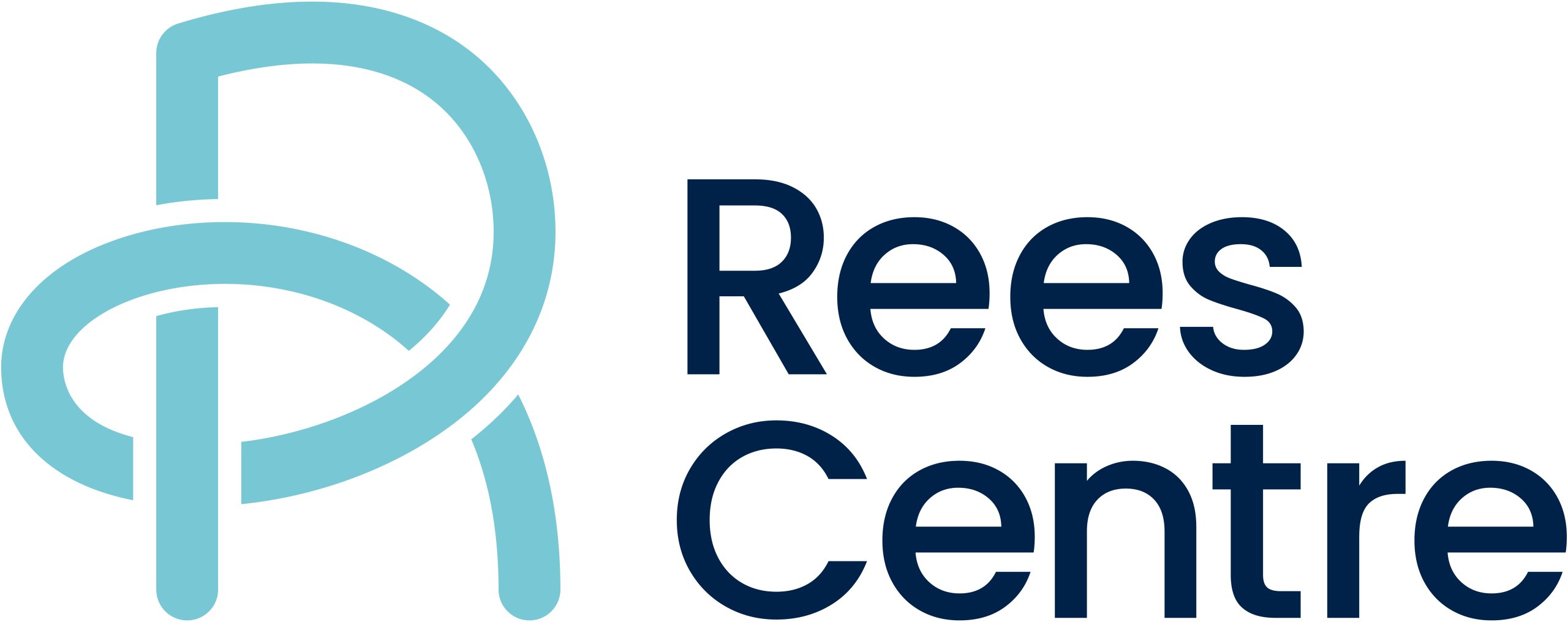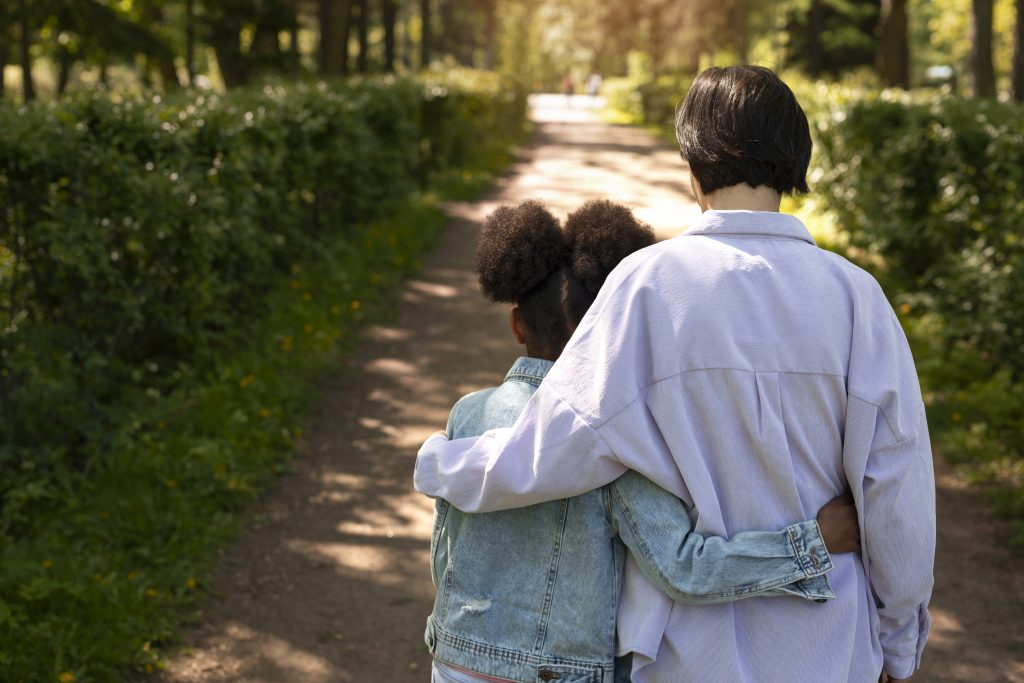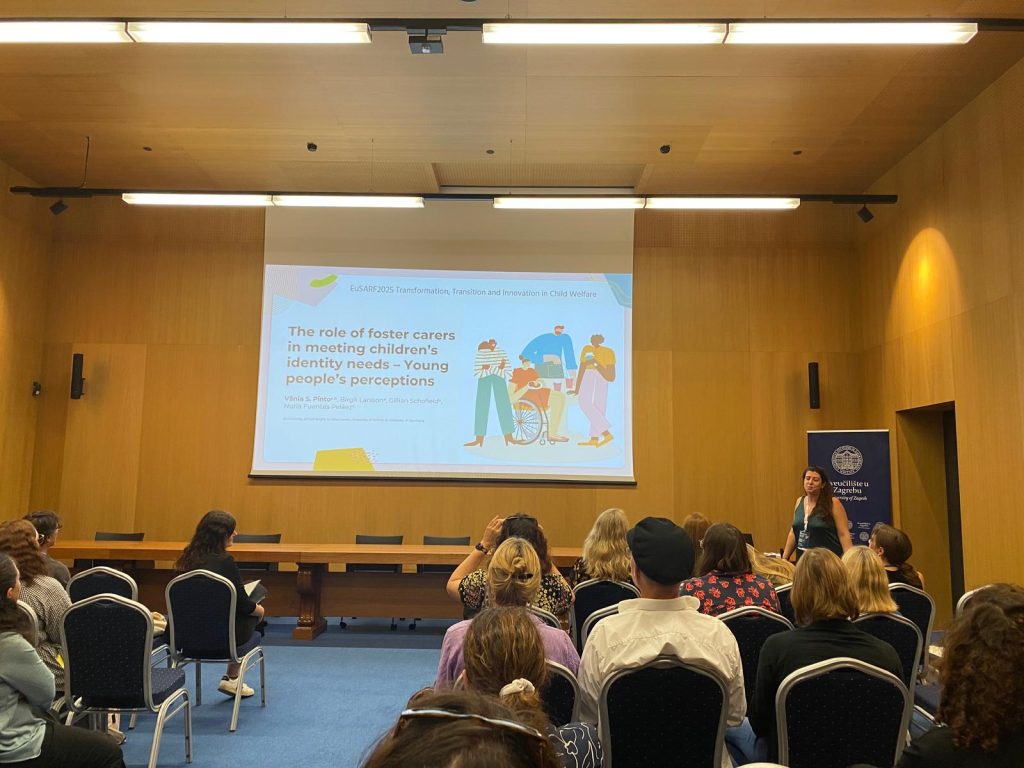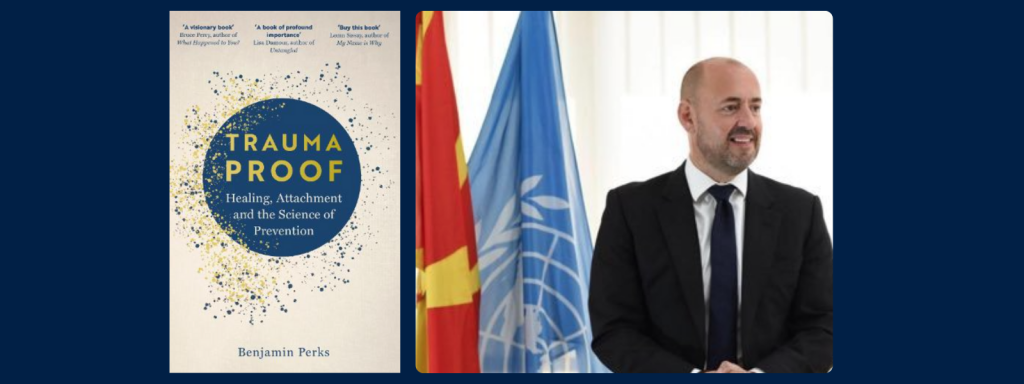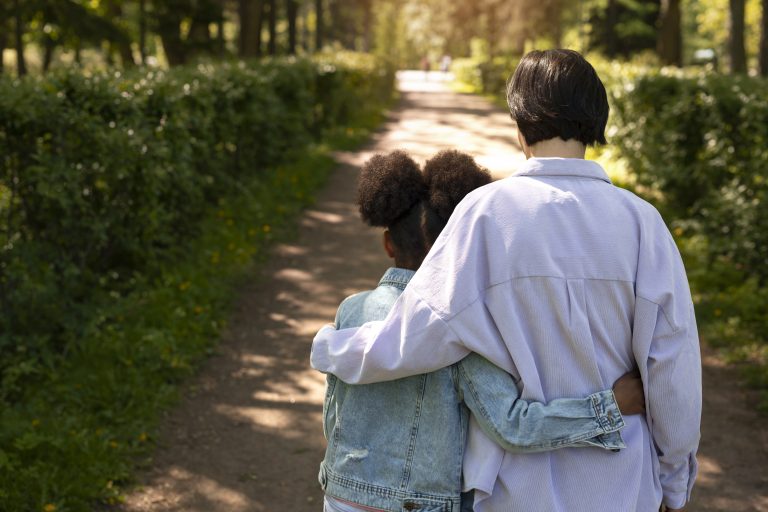
The importance of relationships beyond care
As a child my birth parents taught me that adults should not and could not be trusted, and I spent the first seven years of my life believing that adults could not meet my basic needs. So, by the time I was placed on a full care order I had adopted a range of behaviours to protect myself. I was self-reliant and believed I could look after myself, but I was also fearful of how adults would react as I had learnt that unhappy/stressed adults caused me physical and emotional harm. This meant I grew up being compulsively compliant, particularly with unfamiliar adults. Relationships with adults were scary and I tended to keep my true feelings to myself. Initially, I experienced a lot of instability in care. I would try to sabotage relationships before others could hurt me. But that changed when I moved to a family who ended up keeping me through my teenage years to adulthood, no matter what behaviours I threw their way. I also had a consistent social worker who understood why I behaved in the way I did. It didn’t seem to matter how horrible I was to her; she never took it personally. She always spoke to me, and about me, positively and that made all the difference. To this day, she always emails me on my birthday and at Christmas, even when I forget to reply. These healthy relationships that we experience as children influence the types of relationships we have as adults.
Adulthood can come with extra challenges/barriers when you do not have that family base to rely on or seek support from. We do not stop being care experienced once we turn 18, 21 or 25. We carry our childhood experiences and trauma for life. Yet unlike most of our non-care experienced peers, we lose our ‘parents’ and their support when we are still young and trying to navigate a new life in a new world. As an adult, I struggle to stay in touch with the supportive people in my life (out of sight, out of mind). However, I have been so fortunate to find people who support me, believe in me, and encourage me during each step of my journey so far.
While my foster family do not really stay in touch, I have had so many other people show me that they care about me and who have supported me throughout adulthood so far. For instance, the specialist nurse for children in care who helped me get a diagnosis when I became unwell and who is still an important part of my life. I had a great personal tutor during my undergraduate degree who I was able to have banter with. I then had a lovely course director for my masters who gave me a chance to prove I was capable despite me not quite achieving the grades I needed. After my master’s I worked with the Health Experiences Research Group who believed in my abilities, encouraged me to apply for a DPhil at Oxford, and even connected me to the Rees Centre. Friends and colleagues at the Rees Centre later supported me through the loss of my sister. I would not have completed my DPhil with the support of my supervisors who learnt about and adapted to my way of working (I need lots of mini deadlines rather than one big deadline).
So for Foster Care Fortnight I want to highlight the importance of relationships beyond childhood, and that no matter what your role is in our life, your support, belief, and encouragement can make all the difference. Thank you to everyone who has supported, encouraged or believed in me, because without you I would not be where I am today.
Written by research officer Aine Kelly.
